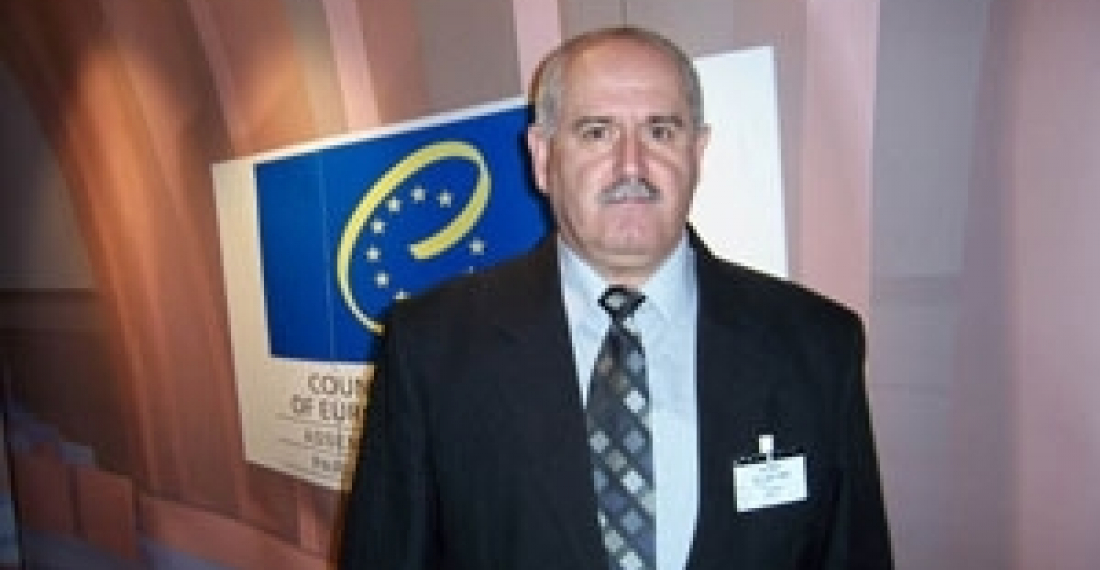The meeting of the Russian, Armenian and Azerbaijani presidents in Sochi was not a routing meeting, Albert Voskanyan, Head of Karabakh NGO Center for Cilvil initiatives, told ArmInfo when commenting on the statement adopted by the three presidents in Sochi on Jan 25 2012.
"Indeed, that meeting could not settle all the disputable issues, but it was a step forward in the way to reconciliation of the peoples given the readiness of the Armenian and Azerbaijani presidents to continue the negotiations, stop military rhetoric, and develop humanitarian contacts," Voskanyan said.
At the same time, Voskanyan came out for involvement of the Karabakh party in the negotiations. "There is a full-fledged power system in NKR and the official Stepanakert should be directly involved in the peace talks," he said.
Albert Voskanyan made a point of the statement of the presidents on the necessity of introducing mechanisms of inquiry into incidents on the front line to prevent ceasefire breach and deaths.







